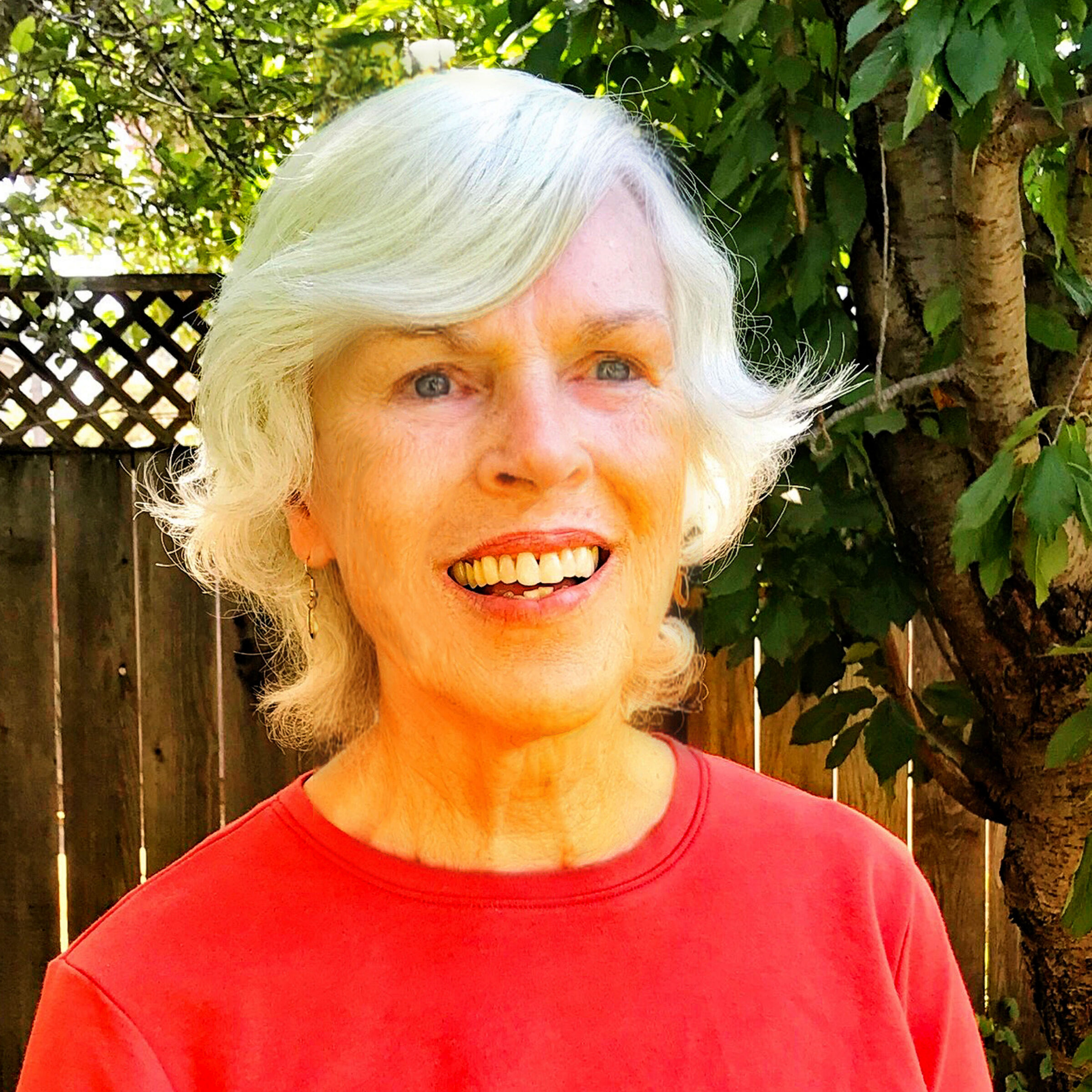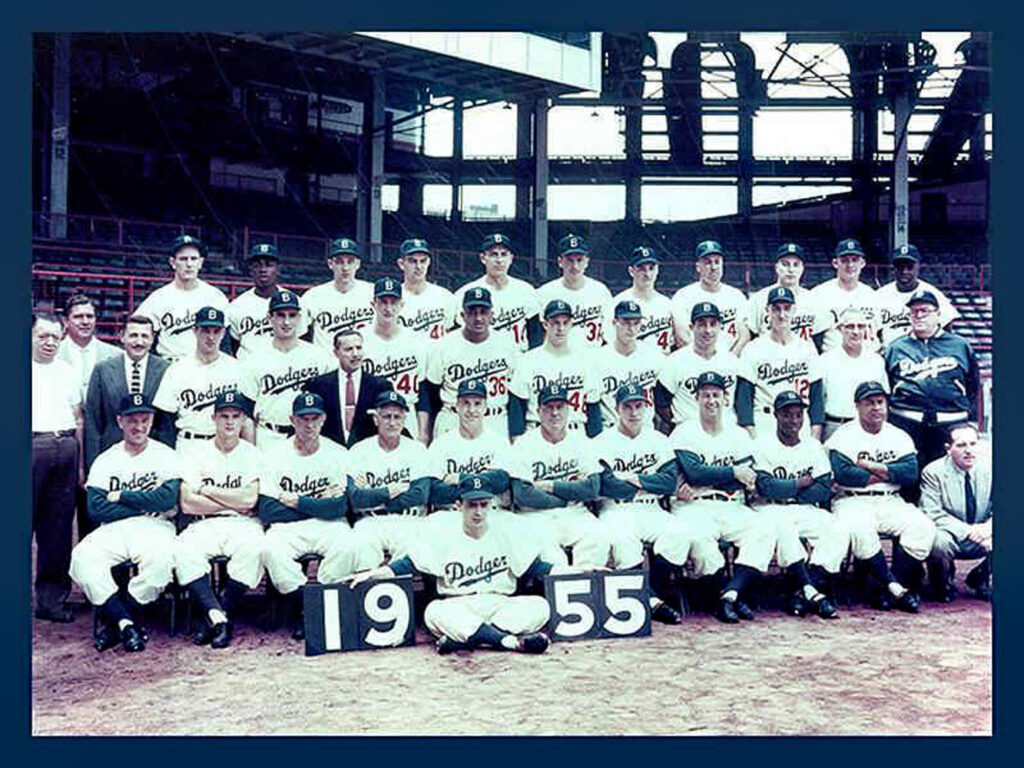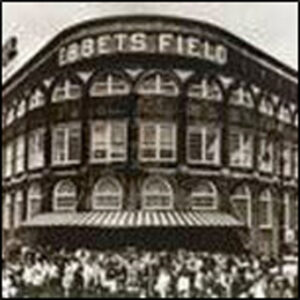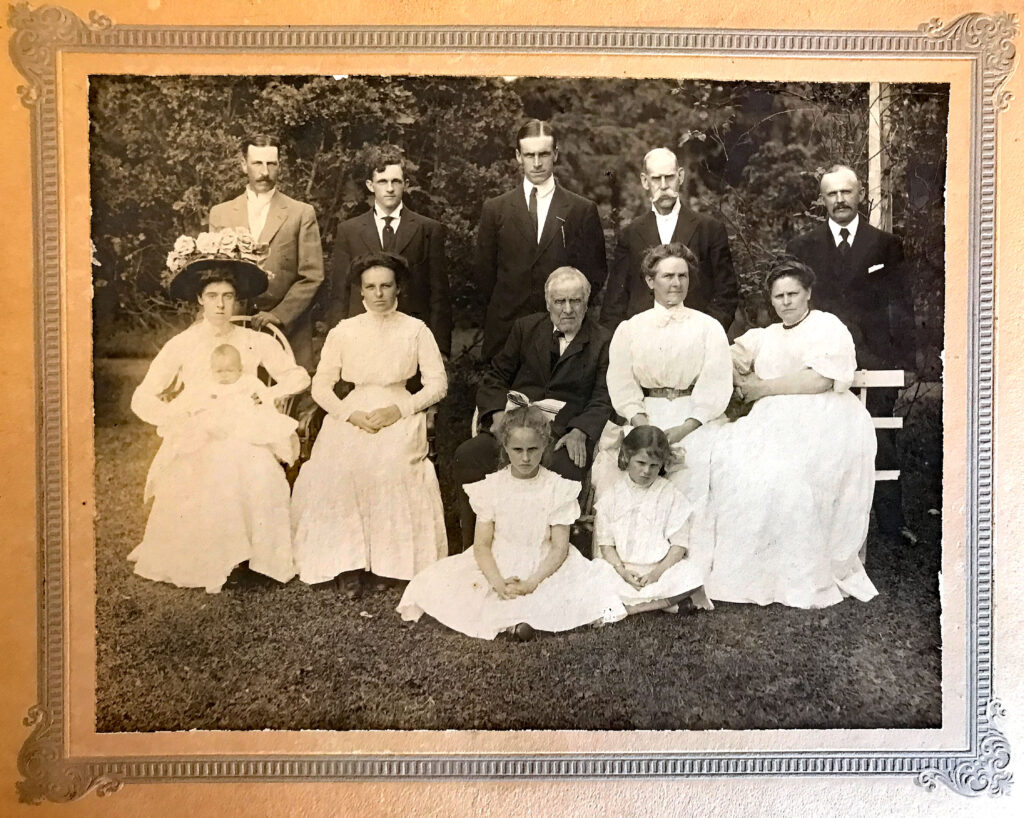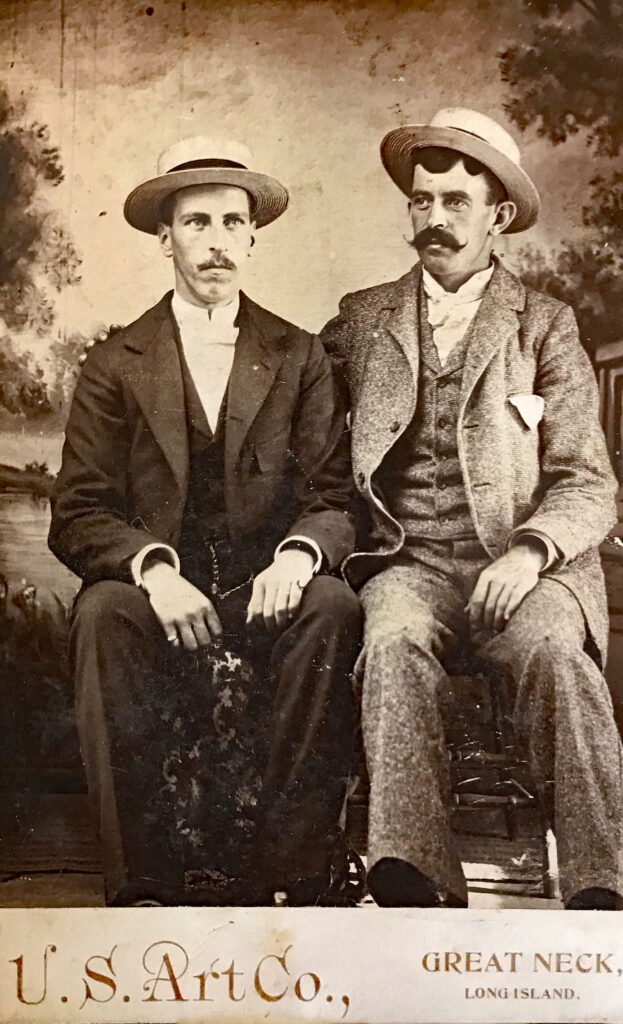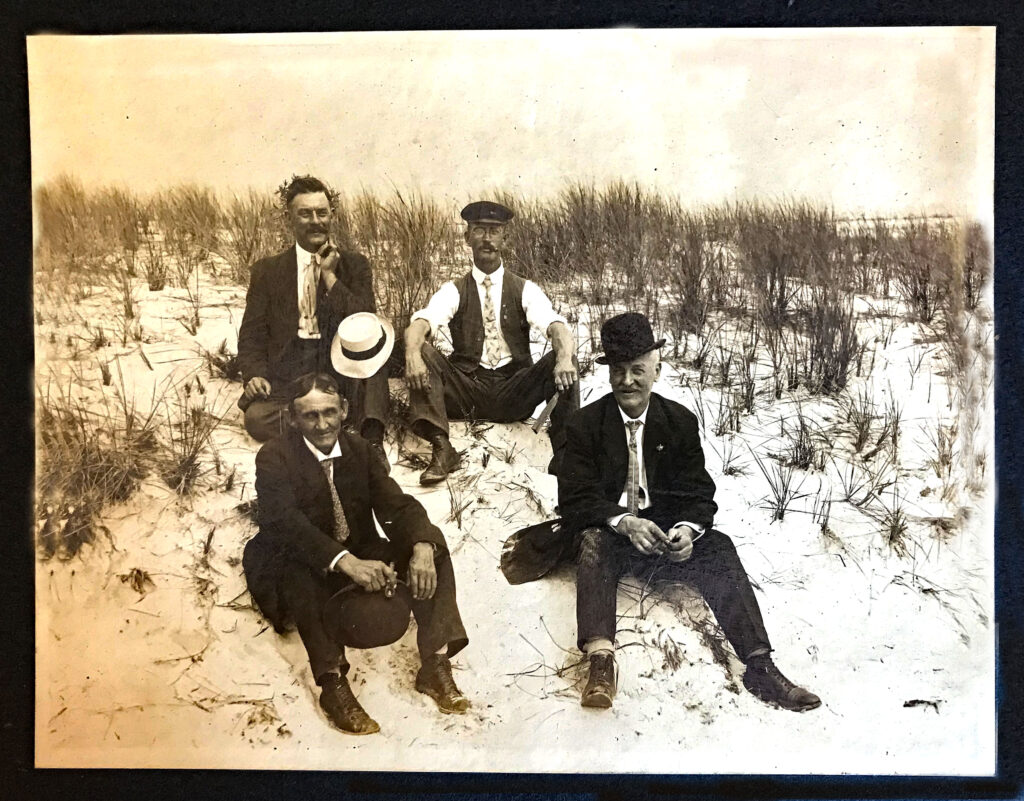Chiune Sugihara was born in Japan on January 1, 1900 and died at the age of 86. He had lived quietly in the years following World War II, supporting his family with a series of humble jobs, including selling light bulbs door to door. At his funeral, his neighbors were shocked to see the Israeli Ambassador to Japan and a large group of Jews from around the world. They had come to show their respect to this quiet, unassuming man. Sugihara’s neighbors had no idea that he was a hero and recognized as “Righteous Among the Nations” by Israel’s Yad Vashem, the Holocaust Martyrs’ and Heroes’ Remembrance Authority in Israel.
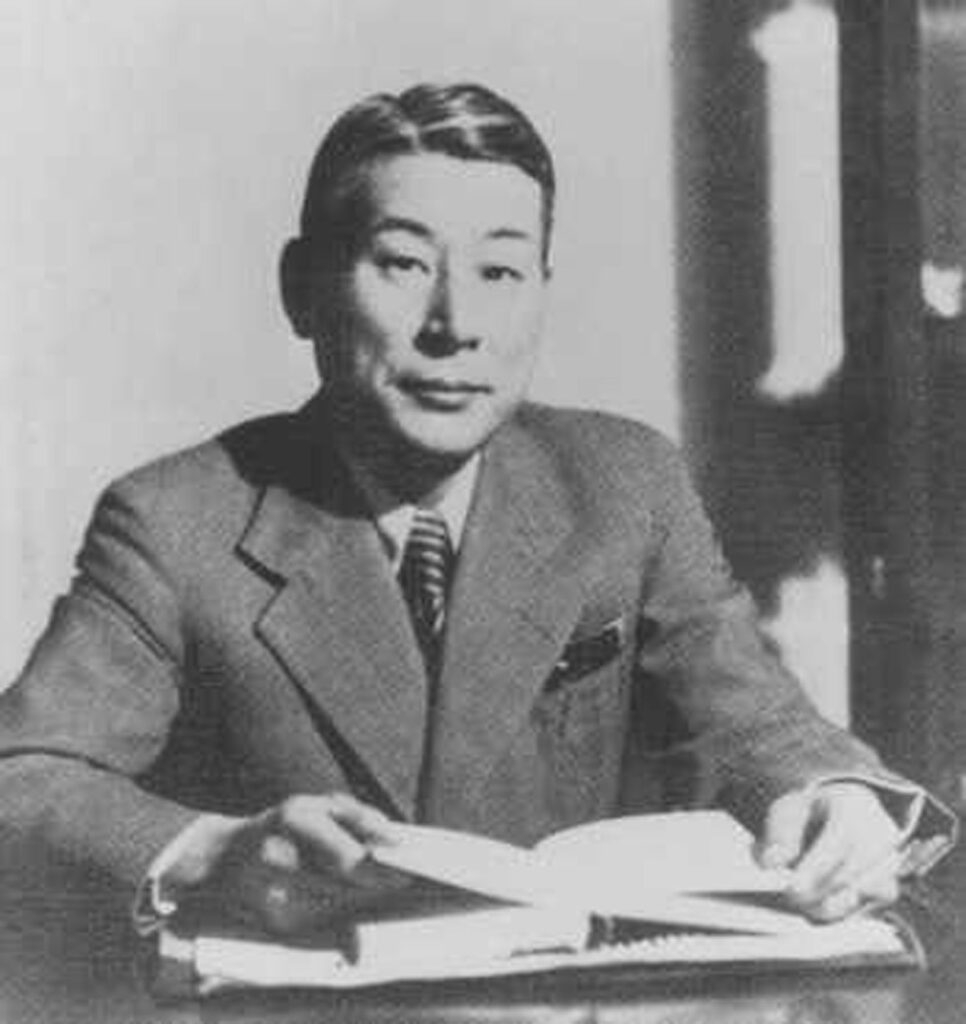
Sugihara had been the first Japanese consul posted to Lithuania. Without his government’s approval, Sugihara issued 1,800 transit visas to refugees, helping them escape from war-torn Europe. He risked his own life and the lives of his family. Because he had acted independently and without the permission of the Japanese government, Sugihara lost his respected diplomatic status and was forced to take whatever jobs he could find to support his family after the war.
Sugihara said, “I may have disobeyed my government, but if I didn’t, I would be disobeying God…In life, do what’s right because it’s right, and leave it alone.”
Master Sgt. Roddie Edmonds enlisted in the United States Army on March 17, 1941. During the Battle of the Bulge, he was captured and sent to a German POW camp. Edmonds was the senior noncommissioned officer and thereby responsible for the camp’s 1,275 American POWs. On January 27, 1945, close to the end of the war, the camp commandant ordered Edmonds to present only the Jewish American soldiers at the next day’s assembly. Edmonds knew the fate these men would face. In defiance of the commandant and at the risk of his own life, Edmonds ordered all 1,275 American soldiers to appear. The commandant was furious. Edmonds stated, “We are all Jews here,” thereby saving those men.
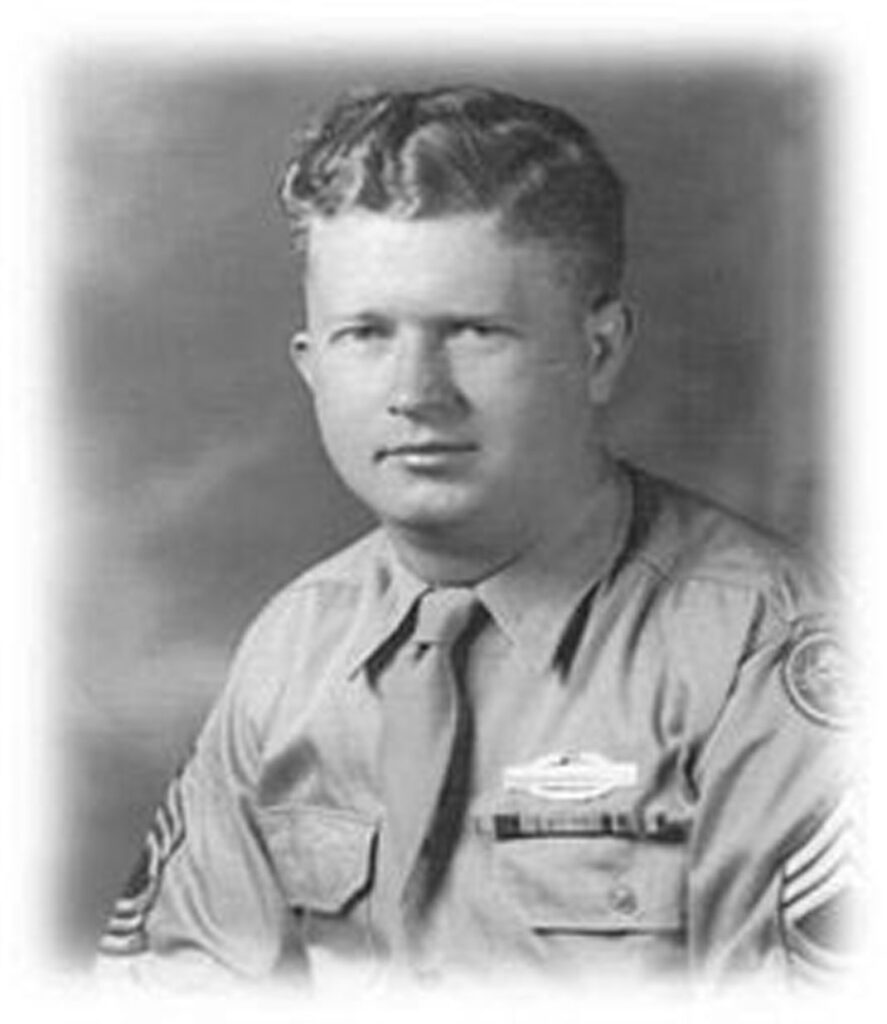
It was only after he died and his son reviewed his diaries that his family became aware of his heroism. They tracked down some of the men that were present and obtained first person witness statements.
Edmonds, like Sugihara, was recognized as “Righteous Among the Nations” by Israel’s Yad Vashem.
Frances Garnar Kinnear, a resident of Lake Luzerne, New York, joined the Red Cross during WW II. She directed the Red Cross Club in Stratford, England, and later served as an ambulance driver at the Battle of the Bulge (the same battle where Robbie Edmonds was captured). She was injured in the bombing and sent to recuperate in California.
I knew Miss Kinnear. She, along with her friend, Dorothy Baldwin, were Wellesley graduates who founded Pine Log Camp, an overnight girls’ camp in the Adirondack Mountains in 1923. From the time I was 8 years old until I started college, I attended 7 weeks every summer, first as a camper and then as a counselor.
I wrote an article about Pine Log Camp that appeared in Adirondack life magazine. It was while doing my research that I discovered that during the war years, Kinnear had left the running of the camp to Baldwin while she served our country. I was shocked. None of my fellow campers and counselors knew. She never said a word.
Chiune Sugihara, Robbie Edmonds, and Frances Garnar Kinnear lived quietly after the war. Most of their friends and neighbors had no idea of the risks they had faced to make this a better world.
Do you know your neighbor?
